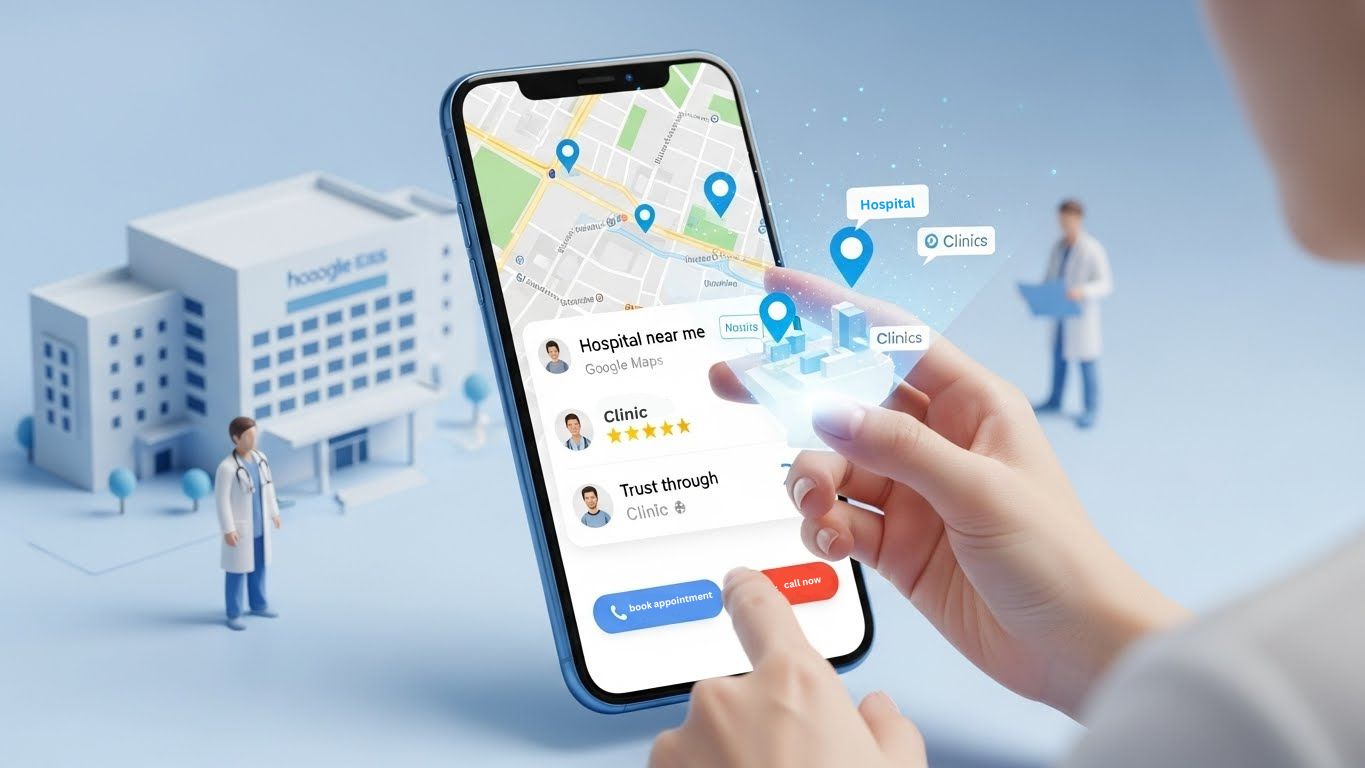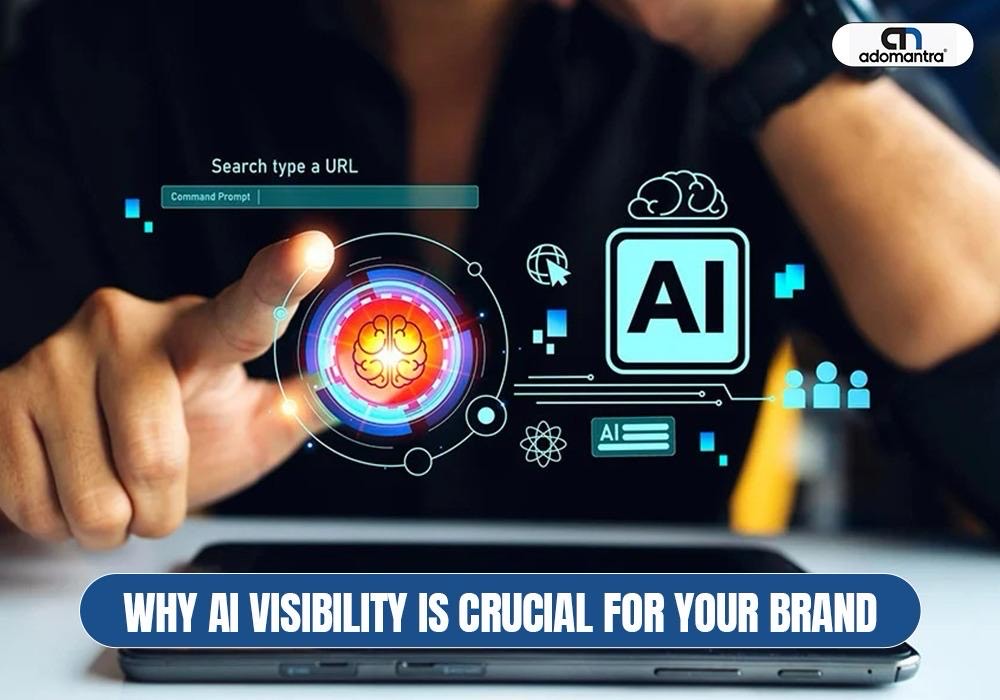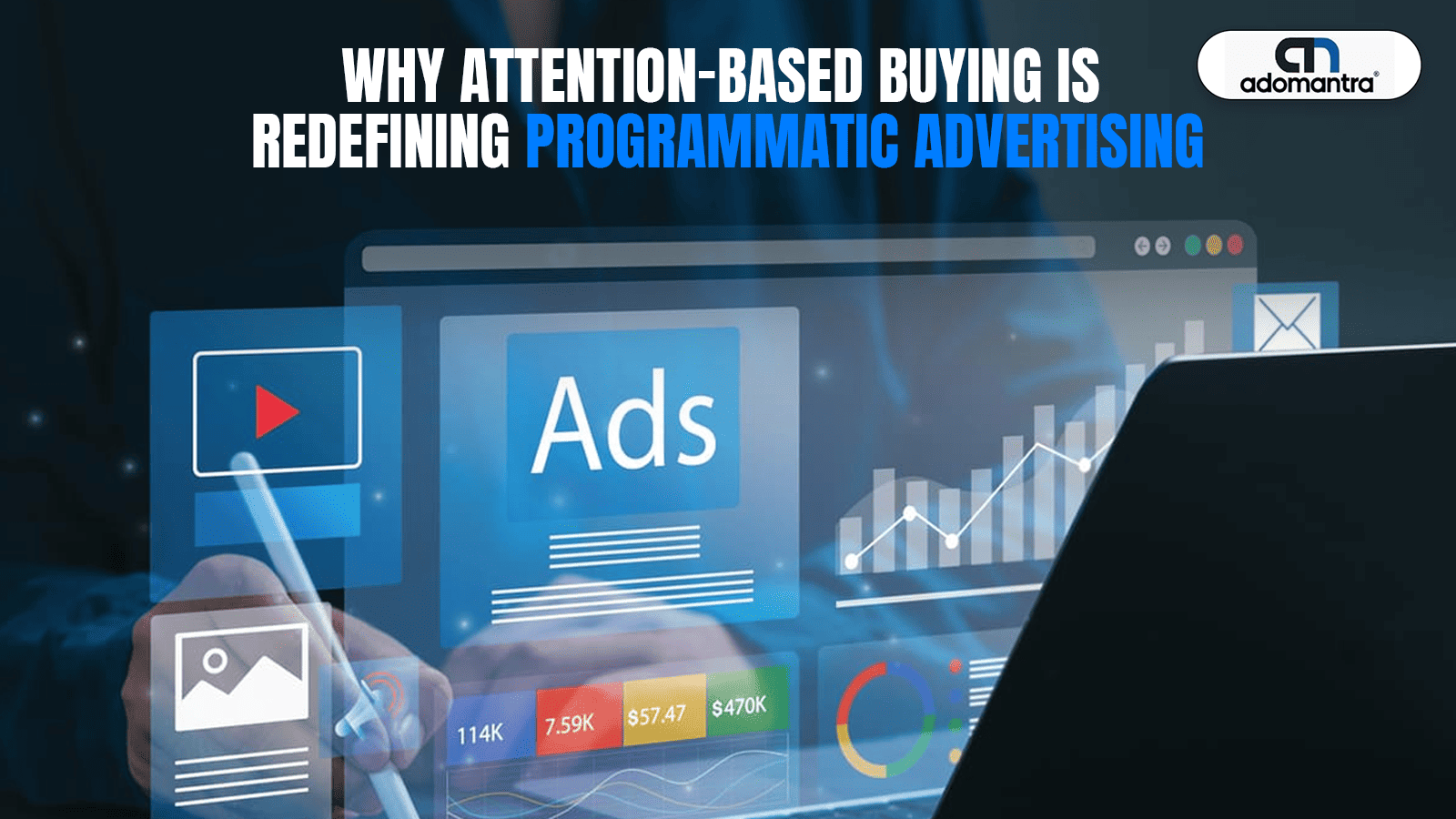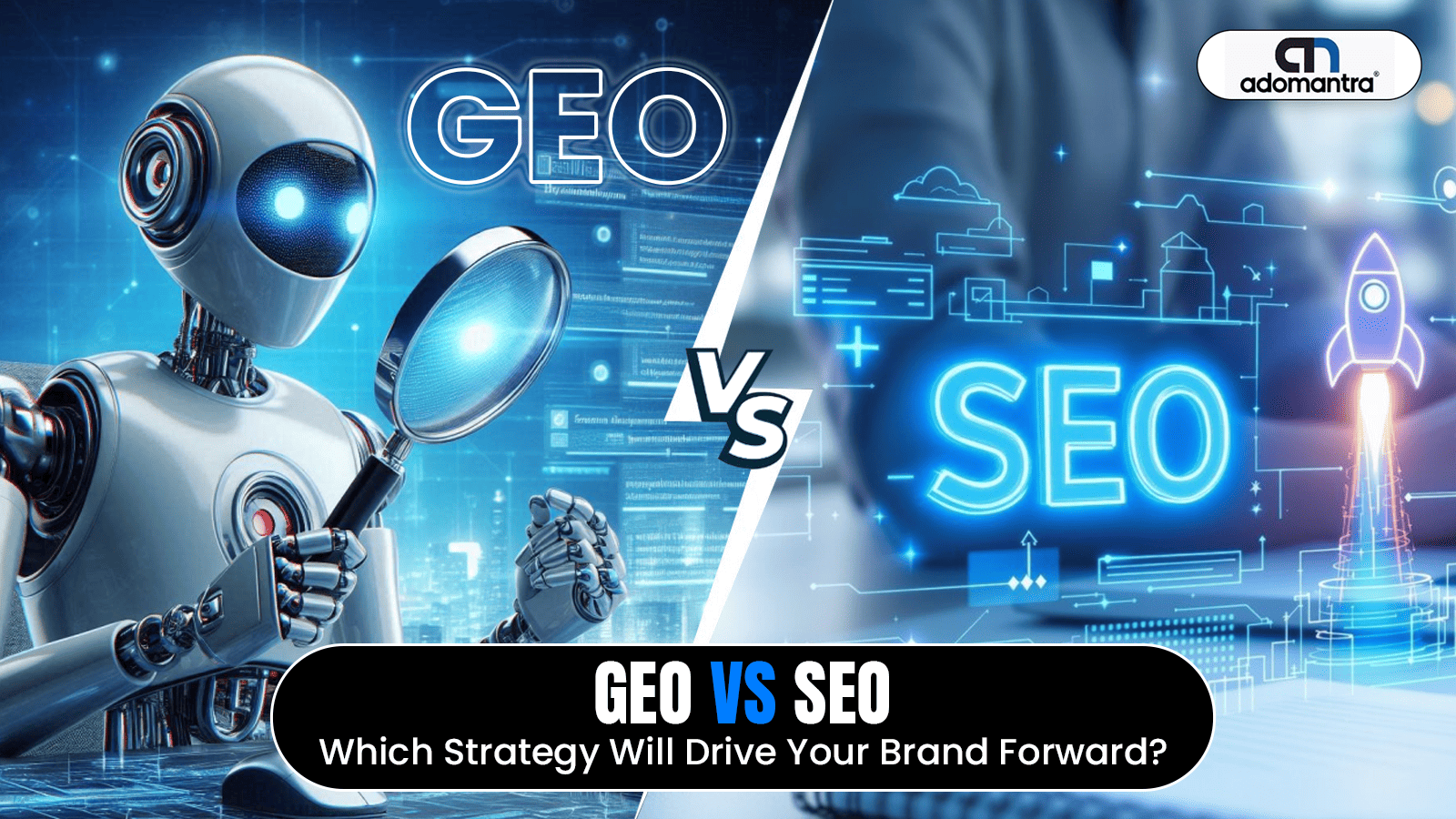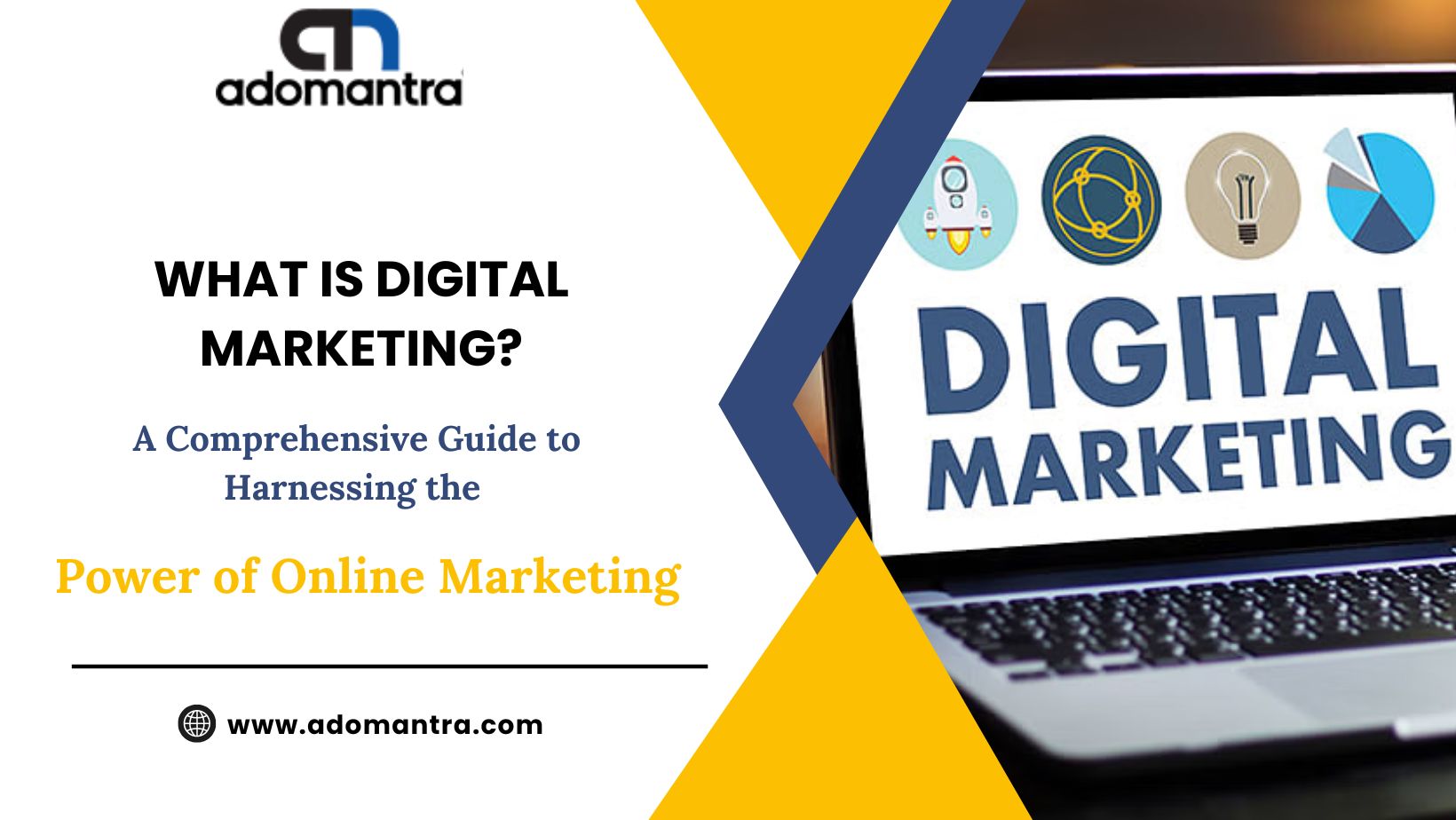
What Is Digital Marketing? A Comprehensive Guide to Harnessing the Power of Online Marketing
What Is Digital Marketing
In the ever-evolving world of marketing, connecting with customers at the right time and place is vital for success. With the rise of the internet and smartphones, traditional advertising methods have given way to the era of digital marketing. Today, approximately 4.95 billion active internet users worldwide have transformed the landscape of advertising, making online platforms the preferred medium for reaching the target audience.
Digital marketing, simply put, refers to the use of the internet and electronic devices to connect with customers globally. It employs digital mediums, such as smartphones, computers, tablets, and laptops, to promote a brand's message and its products. Let's delve deeper into the world of digital marketing and its various forms and modes:
Types of Digital Marketing:
-
Search Engine Optimization (SEO): SEO focuses on optimizing a website's content and structure to rank higher on search engine results pages. By improving visibility on search engines like Google, businesses can attract organic traffic and increase their online presence.
-
Pay Per Click (PPC): PPC involves paid advertising on search engines, where advertisers pay a fee each time their ad is clicked. This approach allows businesses to drive immediate traffic to their websites and target specific keywords and demographics.
-
Social Media Marketing: Social media platforms like Facebook, Instagram, Twitter, and LinkedIn are powerful channels for engaging with customers, building brand awareness, and driving website traffic through engaging content and targeted advertisements.
-
Affiliate Marketing: In affiliate marketing, businesses collaborate with affiliates who promote their products or services and earn a commission for each sale made through their referral.
-
Mobile Marketing: Mobile marketing targets users on their smartphones and other mobile devices through SMS, MMS, mobile apps, and push notifications, delivering personalized content and promotions.
-
Email Marketing: Email marketing involves sending targeted messages to potential customers, nurturing leads, and maintaining relationships with existing customers through newsletters, offers, and updates.
-
Marketing Analytics: Marketing analytics leverages data and insights to measure the effectiveness of digital marketing efforts, track key performance indicators (KPIs), and optimize campaigns for better results.
-
Content Marketing: Content marketing revolves around creating valuable and relevant content to attract and engage a target audience, ultimately driving profitable customer action.
The Brief History of Digital Marketing:
The roots of digital marketing can be traced back to the late 19th century when Guglielmo Marconi demonstrated the transmission of wireless signals, setting the stage for future advancements in communication. Over time, digital marketing expanded beyond traditional media to include digital billboards, radio, and television. The internet's rise further revolutionized marketing, giving birth to various online marketing strategies that we witness today.
Importance and Benefits of Digital Marketing:
Digital marketing has become indispensable for businesses of all sizes due to its numerous advantages:
-
Cost-Effective: Digital marketing offers cost-effective solutions, making it accessible to small and medium businesses to reach a wide audience without the high costs associated with traditional marketing.
-
Data-Driven: Digital marketing enables data-driven decision-making, allowing marketers to measure campaign performance, track customer behavior, and analyze valuable insights for continuous improvement.
-
Precision Targeting: With digital marketing, businesses can precisely target specific audience segments based on demographics, interests, and online activities, ensuring effective reach to potential customers.
-
Campaign Optimization: Digital marketing allows quick campaign adjustments based on real-time data, ensuring maximum return on investment and avoiding unnecessary expenses.
-
Global Reach: Digital marketing breaks geographical barriers, enabling businesses to reach a global audience with personalized marketing messages.
-
Direct Engagement: Through social media and online platforms, businesses can engage directly with customers, build brand credibility, and manage online reputation effectively.
Crafting an Effective Digital Marketing Strategy:
An effective digital marketing strategy involves:
-
Defining Goals: Set clear short-term and long-term goals for your digital marketing efforts, such as increasing website traffic, generating leads, or improving brand visibility.
-
Identifying Target Audience: Understand your target audience's demographics, interests, and preferences to tailor your marketing efforts for maximum impact.
-
Allocating Budget: Determine a suitable budget for your digital marketing campaigns, considering both paid and free strategies to achieve your objectives.
-
Balancing Paid and Free Strategies: Strike a balance between utilizing free digital marketing tools and investing in paid strategies for optimal results.
-
Optimizing Digital Assets: Optimize your website, images, and content to improve search engine rankings and user experience.
-
Conducting Keywords Research: Conduct thorough keywords research to identify relevant keywords that will boost your website's visibility on search engines.
Digital Marketing vs. Inbound Marketing:
While digital marketing encompasses all online marketing efforts, inbound marketing is a specific methodology focused on attracting, engaging, and delighting customers to drive conversions and brand loyalty. Inbound marketing uses digital marketing channels like content marketing and email marketing to achieve its goals.
Conclusion:
Digital marketing has become a necessity for businesses seeking growth and success in the digital age. Embrace this powerful tool to connect with your target audience, build lasting customer relationships, and elevate your brand's online presence. By crafting a well-planned digital marketing strategy and staying updated with evolving trends, businesses can thrive in the competitive digital landscape.
FAQ
Q1: What is digital marketing?
A: Digital marketing refers to the use of the internet and electronic devices to connect with customers and promote a brand's message and products. It involves various online marketing strategies to reach a global audience and drive engagement and conversions.
Q2: What are the types of digital marketing?
A: There are several types of digital marketing, including:
- Search Engine Optimization (SEO)
- Pay Per Click (PPC) advertising
- Social Media Marketing
- Affiliate Marketing
- Mobile Marketing
- Email Marketing
- Marketing Analytics
- Content Marketing
Q3: Why is digital marketing important for businesses?
A: Digital marketing is crucial for businesses because it offers various benefits, such as cost-effectiveness, data-driven decision-making, precision targeting, global reach, direct engagement with customers, and campaign optimization. It allows businesses to reach their target audience more efficiently and achieve their marketing goals.
Q4: How can businesses craft an effective digital marketing strategy?
A: Crafting an effective digital marketing strategy involves:
- Defining clear goals and objectives.
- Identifying the target audience and their preferences.
- Allocating a suitable budget for various marketing efforts.
- Balancing between paid and free marketing strategies.
- Optimizing digital assets, including websites and content.
- Conducting thorough keywords research for better search engine visibility.
Q5: What makes digital marketing different from inbound marketing?
A: Digital marketing is a broader term that encompasses all online marketing efforts, including inbound marketing. Inbound marketing is a specific methodology that focuses on attracting, engaging, and delighting customers through valuable content and personalized experiences to drive conversions and brand loyalty.
Q6: Is digital marketing suitable for all businesses?
A: Yes, digital marketing is suitable for businesses of all sizes and industries. It offers a cost-effective and efficient way to reach a wider audience and drive business growth. Whether it's a B2B or B2C company, digital marketing can be tailored to meet specific marketing objectives and target audience preferences.

